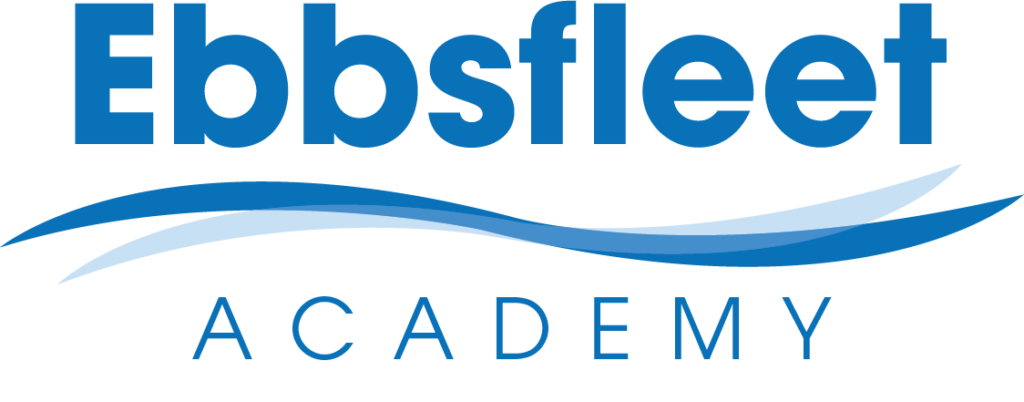Course Content
- Core Themes
Population Distribution
Global Climate
Global Resource Consumption and Security - Optional Themes (3 for HL)
Freshwater: Issues and Conflicts
Oceans and Coastal Margins
Extreme Environments
Geophysical Hazards
Leisure, Tourism, and Sport
Food and Health
Urban Environments



